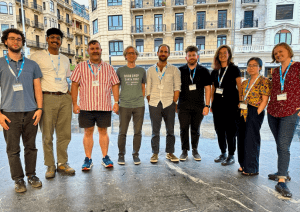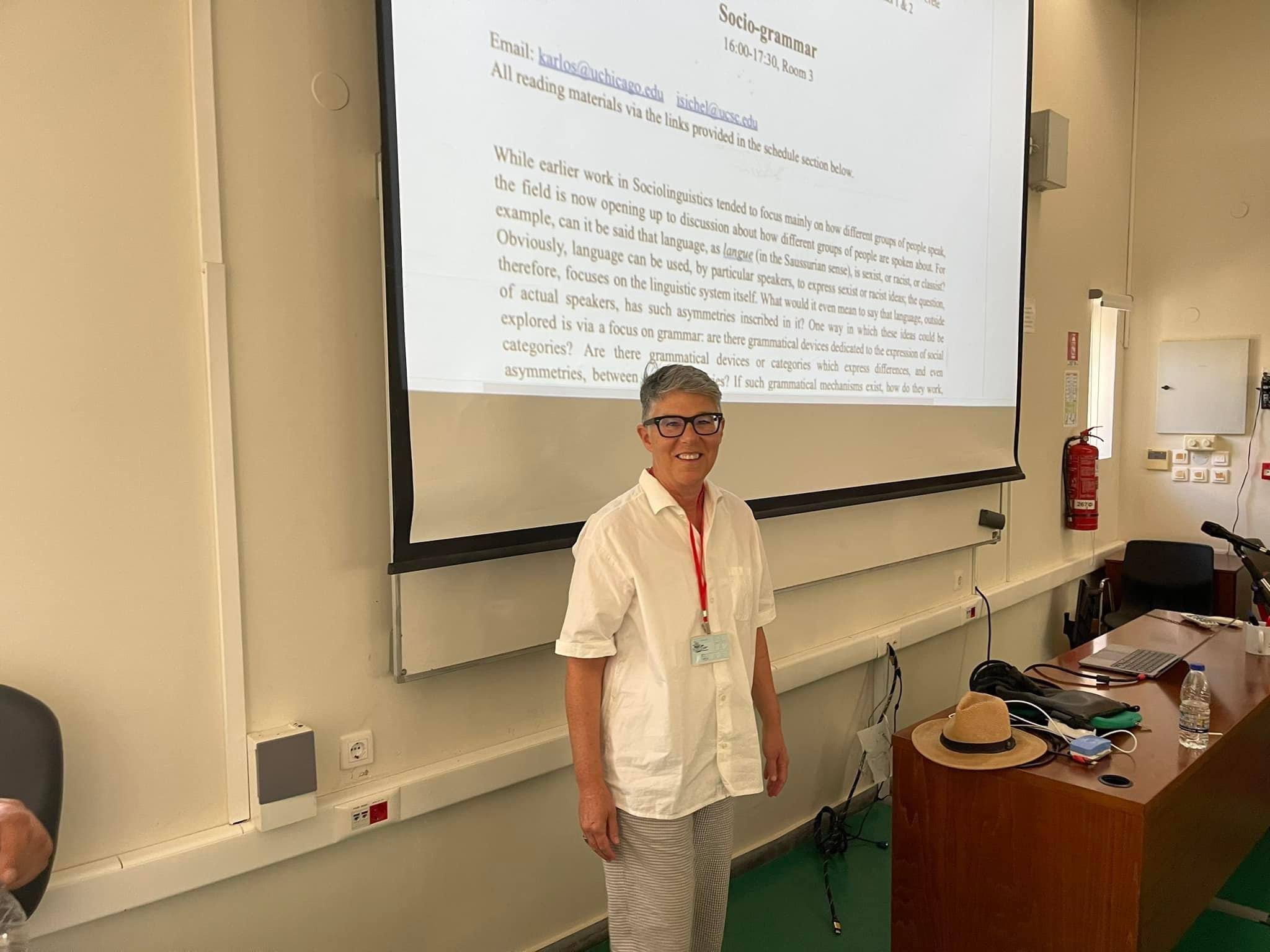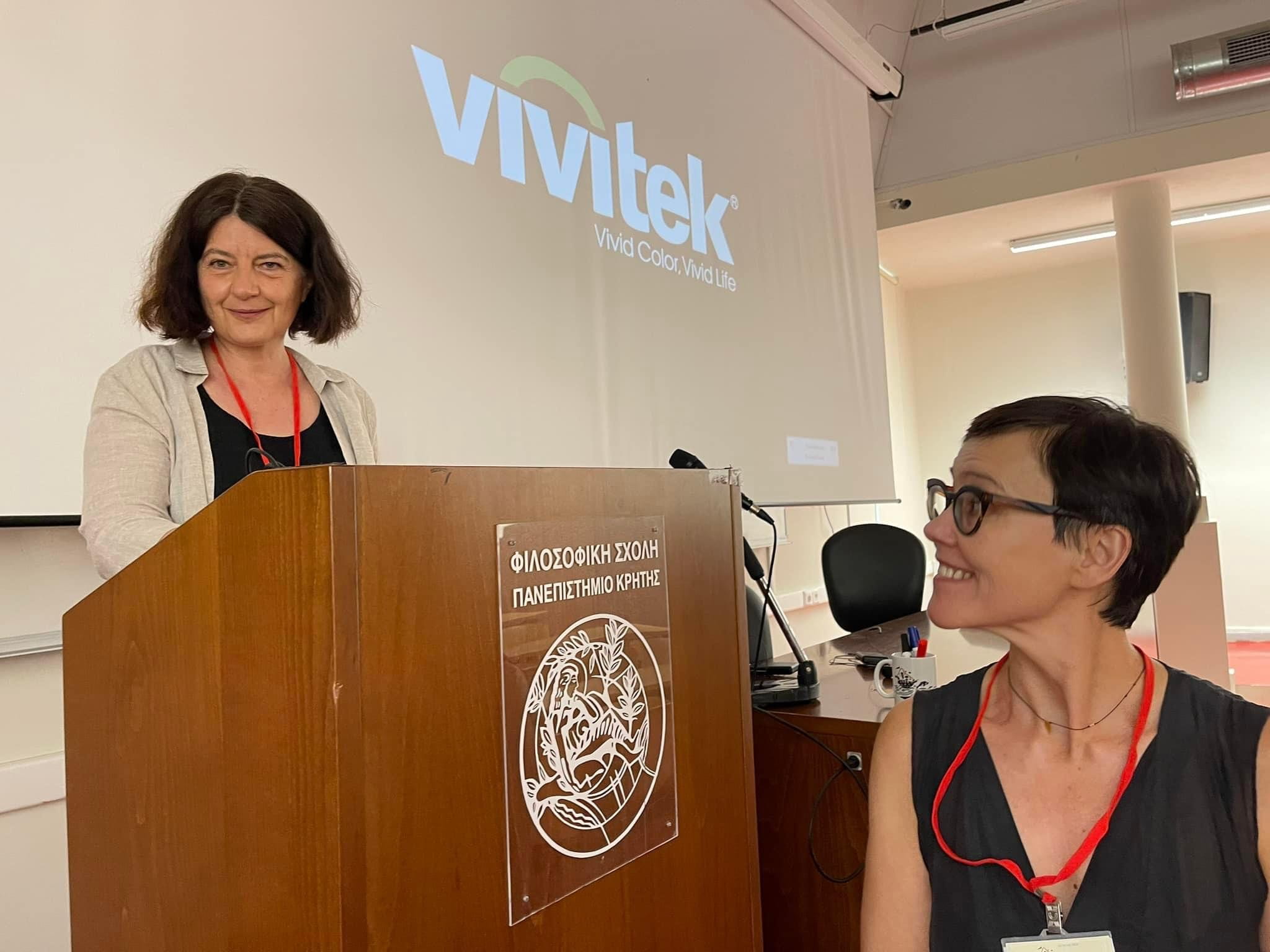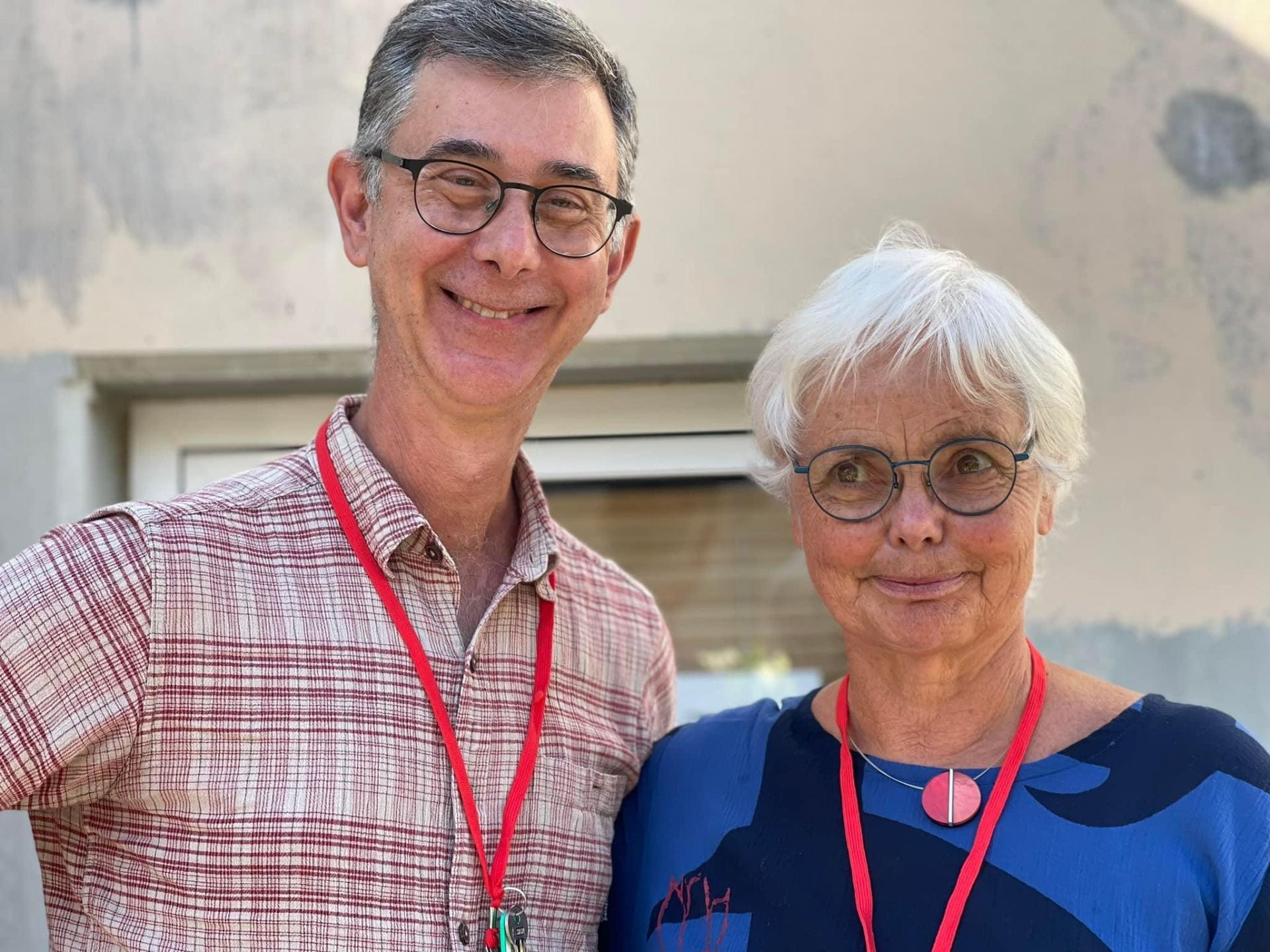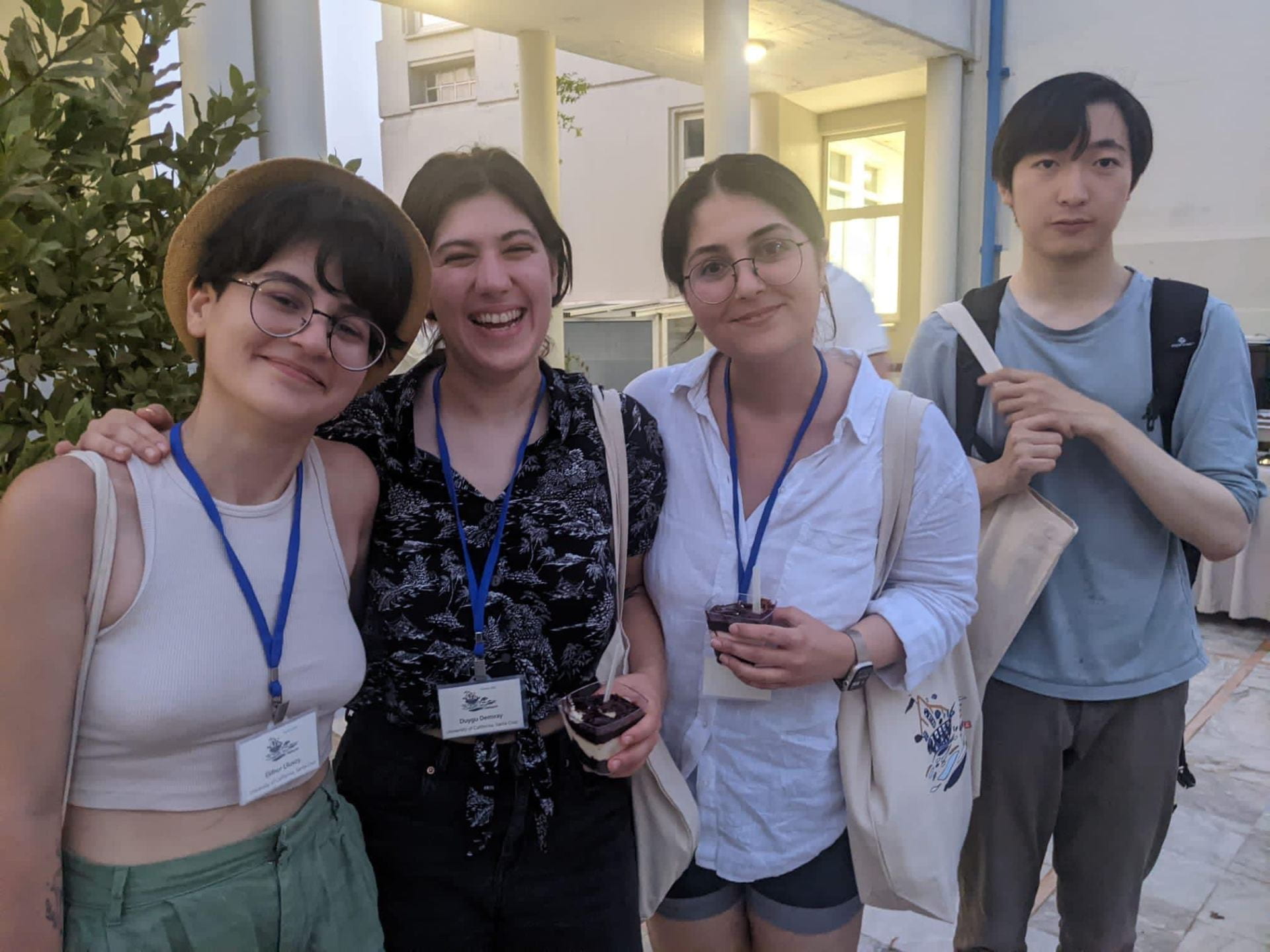Cao at SS-Circle at UC Berkeley
Fifth-year Ph.D. candidate Yaqing Cao gave an invited talk at UC Berkeley’s Syntax & Semantics Circle last Friday, Oct 6. Her talk is titled “Modals and negations LF-PF (mis)matches in English and Mandarin”, and her abstract is attached below:
Studies on modal auxiliaries and negation revealed cross-linguistic differences in (mis)matches between their surface linear orders (PF representation) and scopal interpretations (LF representation): while modals like can in English demonstrate LF-PF mismatch properties w.r.t. negation, modals in Mandarin show strict isomorphism w.r.t. the negation bu. There are three potential accounts to such a cross-linguistic difference: scope economy approach, head movement/reconstruction, rich base-generation approach. In this paper, I argue that rich base-generation approach made the right prediction because there does not exist head movement of modals in Mandarin, contrary to the prediction made by the scope economy and head movement approach.




